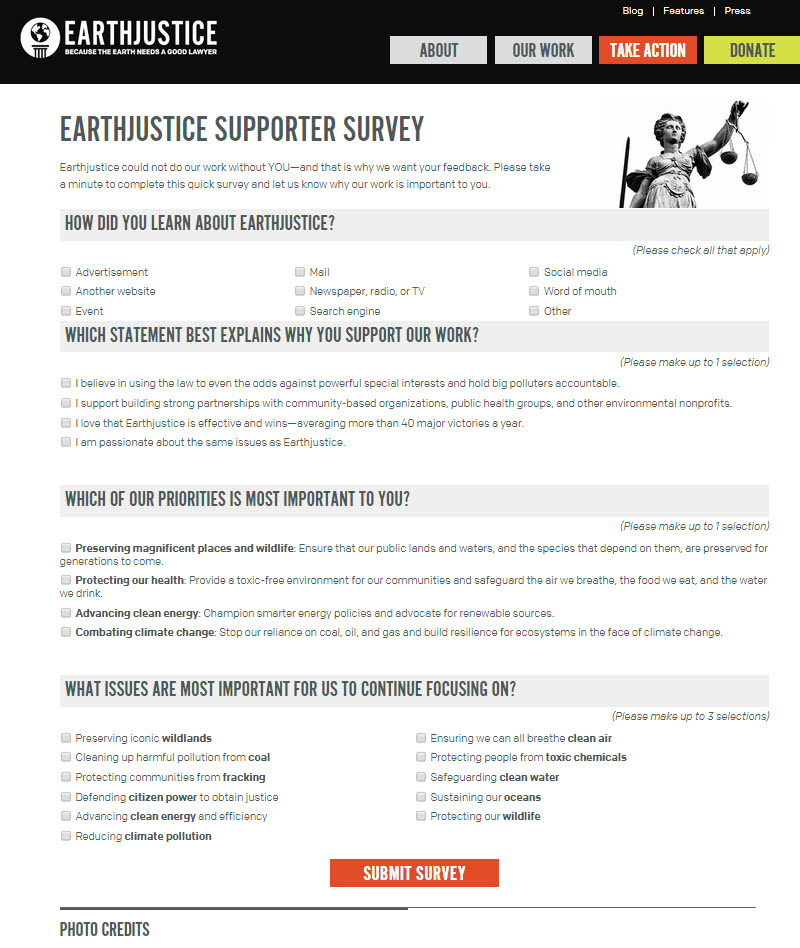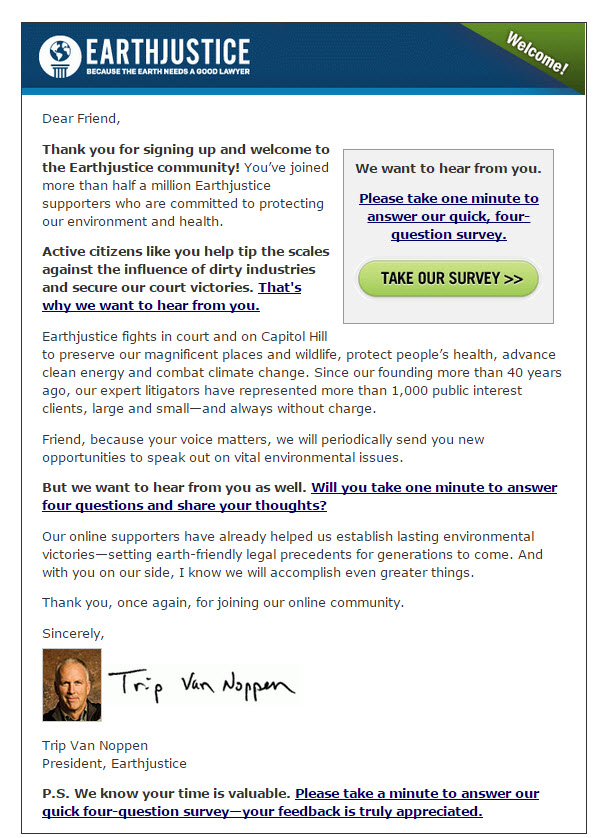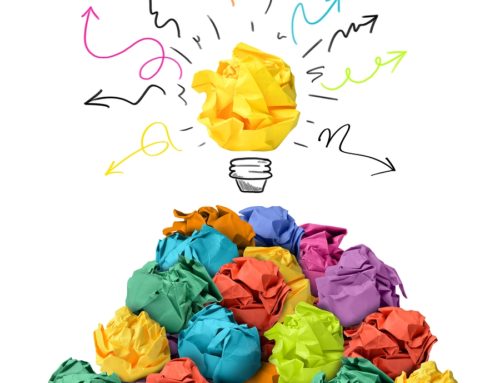 When someone new donates to your cause, do they get any kind of welcome kit beyond a receipt? How about e-newsletter subscribers? Do they get something special beyond a subscription confirmation?
When someone new donates to your cause, do they get any kind of welcome kit beyond a receipt? How about e-newsletter subscribers? Do they get something special beyond a subscription confirmation?
These “extras” are often called Welcome Kits and they can include several different kinds of items. What you include will depend on the kind of relationship you hope to establish with the person long-term.
Here are a few categories you might consider:
Proof That the Gift is Going to Work
Donors give with the expectation that you are putting their money to good use. Confirm that with some sort of quick progress report, or maybe an infographic, or photos that show the work being done and the progress that takes place as a result of donor support.
Surveys to Learn More about Them
This is especially easy to do online and can help you understand the values and priorities of the person behind the email address. Here is a great example from Earth Justice. I went to their website and signed up for their e-news and received this email. (Note: they only asked for the email, not a name, thus the Dear Friend.)
And here’s the survey (again, the survey did not ask for my name, which is a little curious to me, but I like the survey otherwise. The survey completion/thank you page is a donation form that would collect personal information if I donated) . . .

Genuinely Helpful or Useful Info to Them
Don’t think of this as an opportunity to educate the person about your organization or your issues, but rather as a way for them to act on your already shared values and interests (they gave or signed up already, didn’t they?). Think about quick pocket guides, cheat sheets, or how-tos — that sort of thing.
Invitations to Get More Involved
What else can people do? Let them know about upcoming events, volunteer opportunities, how/where to connect and converse with other supporters, where they can connect with staff, etc.
Testimonials or Other Trust Builders
A lot of people are probably getting on your list on a whim or impulse to help. These are not necessarily well thought out or researched decisions. These people are betting that you will do the right thing with their support. So including some items that confirm and validate that little bet they are placing on you can be helpful too. These might take the form of testimonials or press clippings, or other “social proof” that you are, in fact, a solid organization and the person is in good company by supporting you.
Do you have a Welcome Kit? What’s in it?







